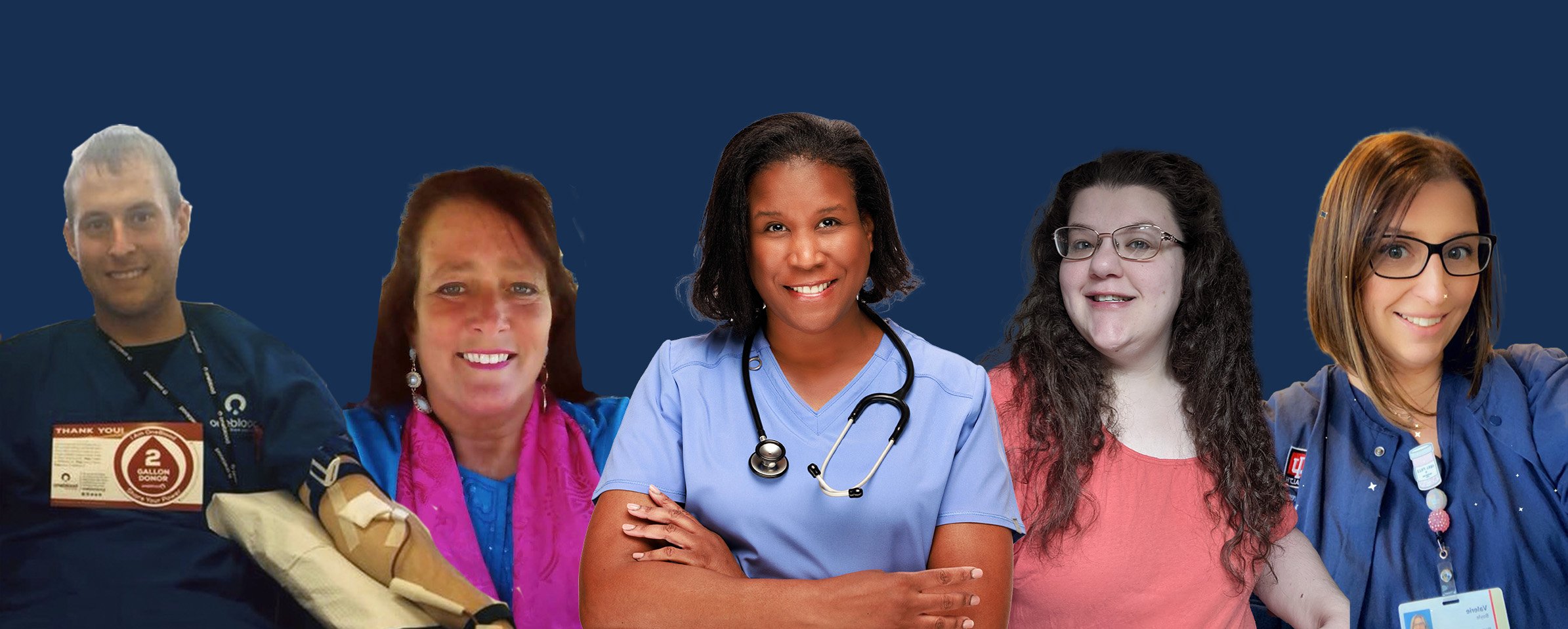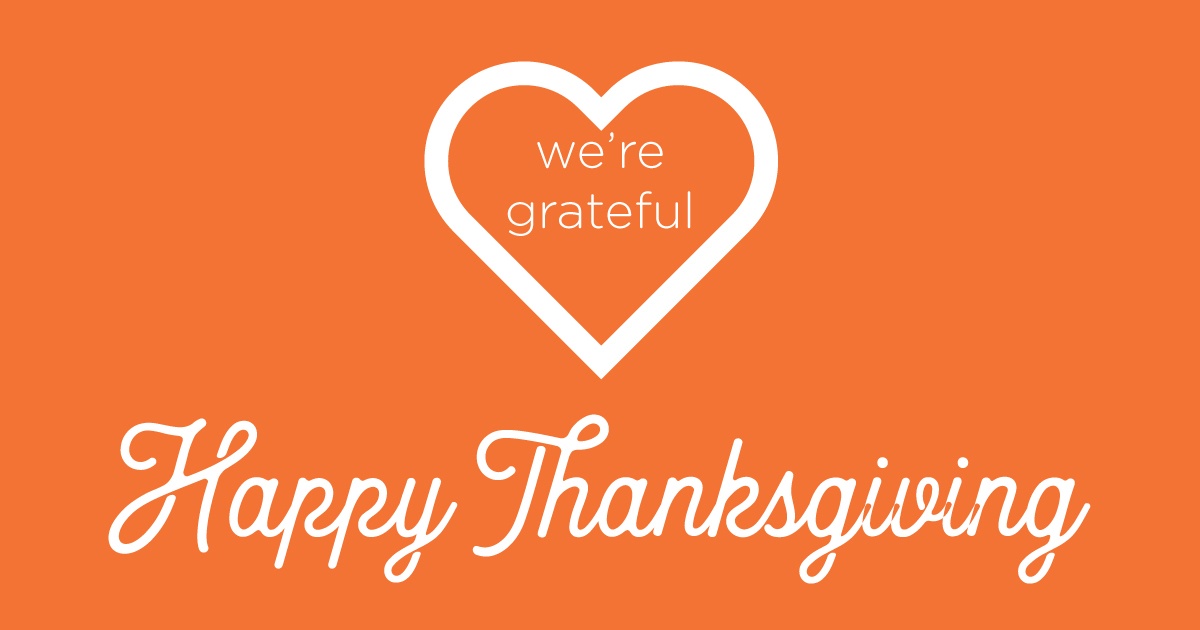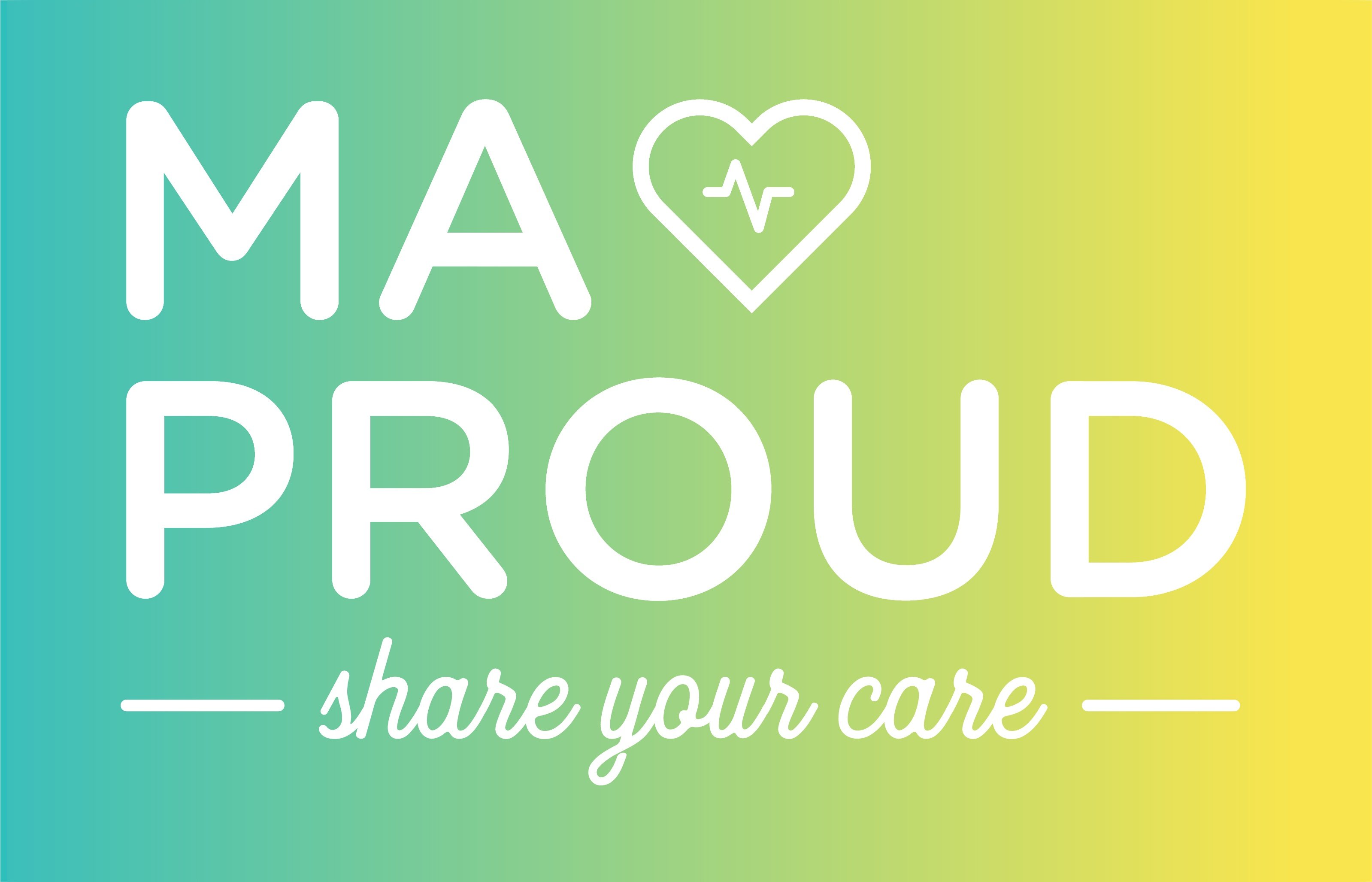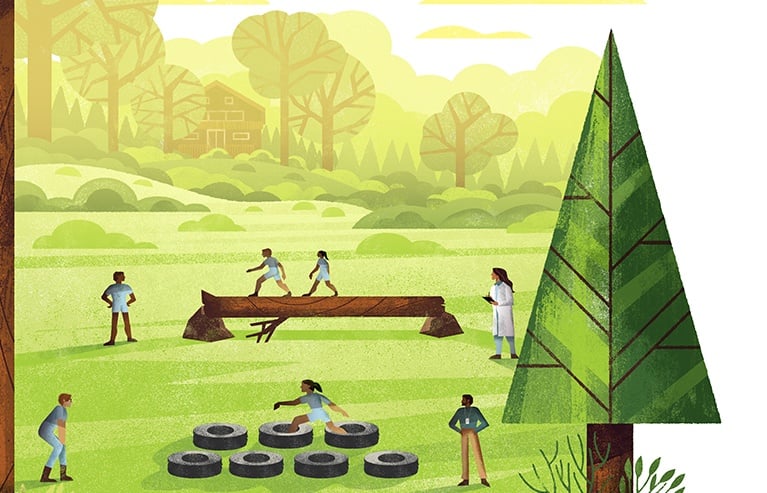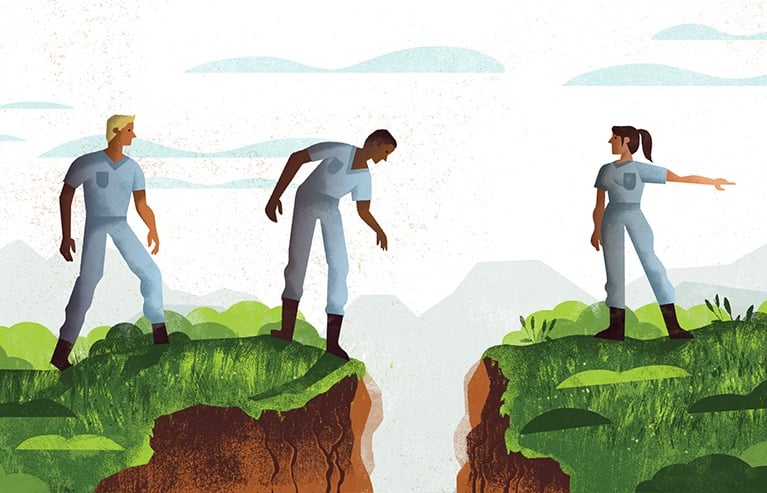Allied Health Week is a time to celebrate and acknowledge the dedicated efforts of the thousands of healthcare professionals who work diligently to ensure the well-being of patients. From medical assistants, phlebotomists, EHR and pharmacy technicians to medical administrative assistants, billing and coding specialists, EKG technicians, and patient care technicians, these individuals play a pivotal role in the delivery of quality healthcare.
When your role in healthcare is to perform work involving the safety of human lives, you are considered essential. Healthcare professionals just like you are continuously in the news surrounded by feel-good stories, fearful stories, and everything in-between. As healthcare workers serving on the frontlines of COVID-19, how do you bring your best self to work without leaving your family in a constant state of worry?
In the allied health professions there is a continuous trend of professionals stacking, or obtaining more than one credentials. Medical assistants getting their Certified Clinical Medical Assistant (CCMA) credential and stack it with a Certified Phlebotomy Technician (CPT) credential. Medical administrators, get both credentials as a Certified Billing and Coding Specialist (CBCS) and a Certified Medical Administrative Assistant (CMAA). But, what is the value of stacking credentials for allied health professionals?
Sickness doesn't take a holiday ... which means many healthcare professionals can't take one, either.
Every October, Medical Assistants Recognition Week celebrates medical assistants who are at the heart of healthcare. From October 15-19, 2018, employers and educators of medical assistants have an opportunity to honor the contributions these valuable healthcare professionals make in the lives of their patients, healthcare teams and greater community. Here are a few ideas of ways to observe MAR Week in your office or classroom.
Article originally featured in access™ 2018, volume II
Contributors: Beth Brown, CTE Advisor
Masud Shamsid-Deen, Executive Director of CTE
Hospital Partnership Propels Success
Career & Technical Education (CTE) in high schools is gaining momentum, and it’s easy to see why. It’s been proven to reduce dropout rates, increase graduation rates and even increase the likelihood of graduates going on to further their education after high school.*
Plus, the demand for healthcare continues to rise. Getting students career-ready earlier can help students gain employment upon graduation. And if they want to further their education, that job not only can help support their tuition, but can also give them real-world healthcare experience to help them on their career journey.
There’s no arguing that CTE works, and that health science in high schools is needed. But what makes a health science program successful?
Article originally featured in access™ 2018, volume II
Contributor: Collie Wells, Interim Deputy State Superintendent of Education, Career and Technical Education/Workforce Development Division
When the Alabama Department of Education set out to improve their CTE programming, they started with research, gaining insights from business and industry to determine what employers are looking for or lacking in potential candidates.
“We want to make sure that students who exit secondary career tech programs are actually prepared with skills that are going to help them get employed,” says Collie Wells, Interim Deputy State Superintendent of Education, Career and Technical Education/Workforce Development Division. “We started having lots of conversations with business and industry throughout the state to find out, ‘What do you really need from potential employees? What are you missing? What are they lacking?’”
Article originally featured in access™ 2018, volume II
Contributors: Robert Curran, D.C.,
Hannah Weinstock, Executive Director Workforce Development
Division of Adult and Continuing Education, LaGuardia Community College
The wild success of a new program piloted by LaGuardia Community College and its partners — NYC Department of Small Business Services and the Washington Heights Workforce1 Career Center — is catching the attention of employers, students and medical assistant education programs throughout the country.
A total of 40 immigrant New Yorkers graduated from LaGuardia’s first English Language Learners Medical Assistant Training Program* with an astounding 100% pass rate on not just one, but three NHA exams — for medical assisting, phlebotomy and EKG.
February is CTE Month®, a time to bring recognition and awareness to the impact Career and Technical Education has on the lives of so many hospitals, patients, teachers and students, like Omar.
February is CTE (Career and Technical Education) Month®, a time to celebrate the achievements of CTE professionals and programs throughout the country.

